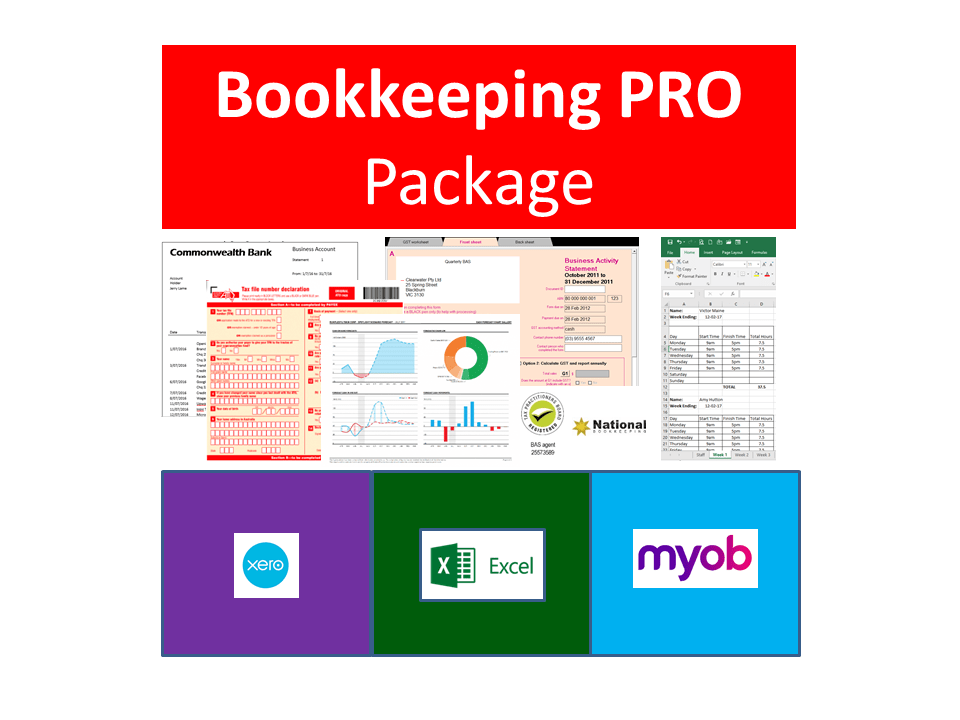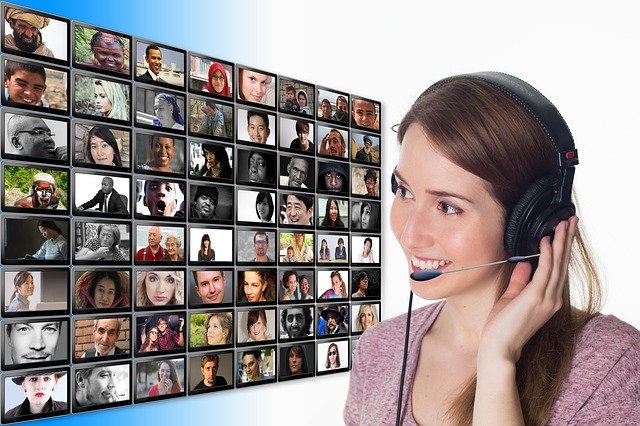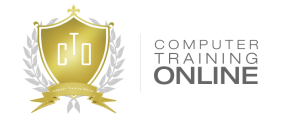 Helping people to realise their dream of owning and operating their own business is something we’re passionate about here at Workface. It’s why we offer a number of training courses to help you on your way to financial freedom, such as our Small Business Management course. It’s also why we’re looking for entrepreneurs to join us and start their own franchise. But first, we thought we should take a look at what a franchise really is.
Helping people to realise their dream of owning and operating their own business is something we’re passionate about here at Workface. It’s why we offer a number of training courses to help you on your way to financial freedom, such as our Small Business Management course. It’s also why we’re looking for entrepreneurs to join us and start their own franchise. But first, we thought we should take a look at what a franchise really is.
Some entrepreneurs are great at getting a start-up off the ground and making it a profitable business, Many other entrepreneurs, while they may be brilliant business people and have exactly what it takes to run a successful business, don’t have what it takes to get a business up and running; then there are those who just don’t have the confidence it takes to quit their job and take the plunge in the first place.
Australia: More Franchises than Anywhere Else in the World
While there are no guarantees in business, there is one business arrangement that eliminates some of the risk: franchising. A franchise is a business arrangement where the franchisor (the owner of the business) assigns, to independent people (the franchisees), the right to market or distribute the franchisor’s goods or services, and to use the business name for a fixed period.
In Australia, there are more than 80,000 franchised outlets, raking in a whopping $130 billion in sales and employing some 413,000 people countrywide. Indeed, Australia is the most franchised country in the world per capita, and of those franchises, 91 percent of them originated on Australian soil.
What are You Buying?
When you buy into a franchise, you’re buying the right to the product, service and trademark, as well as the entire business concept, including the marketing strategy and plan, operational standards, systems and formats, training, quality control and ongoing assistance, guidance, and supervision.
Licensing and Franchising: The Differences
This is where a franchise differs from the licensing business model, where a company sells licences to other – usually, smaller – companies to use the intellectual property, brand, design, or business programs. A good example of a company built on licensing its products is Microsoft, which licenses its Office and Windows software.
In a licensing business model, the licensing company may control how its IP is used, but does not control the business operations of the licensee.
More Benefits of Franchising
Franchises are built on easily replicated procedures and processes, which is precisely what makes them successful. All the ‘new business’ kinks have been ironed out, and there’s an established way of doing business that satisfies an already established customer base.
For a business owner, franchising their business allows them to expand their market presence, without eating into their capital; while the franchisee gains from access to established business systems, at lower risk, for their own commercial advantage.
***
In many ways, a franchise is a small business with the tools of a big business at their disposal. This has been the first post in a series of posts on franchises – all outlined in detail as part of our Small Business Management Course. Next we look at one of the main reasons people buy a franchise.
We have a number of franchising opportunities available for you to get started right away.






